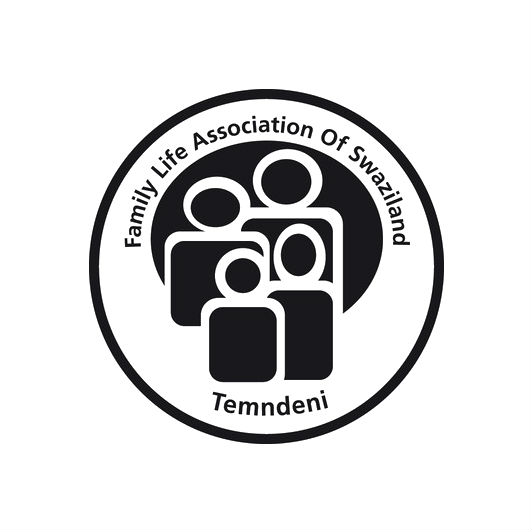

| 31 March 2016
Family Planning Association of Nepal
Established in 1959. the Family Planning Association of Nepal (FPAN) is Nepal's first national family planning service delivery and advocacy organization. It is a major collaborator of the Government of Nepal's national sexual and reproductive health (SRH) program, contributing a greater percentage of all SRH services in Nepal annually. FPAN serves Nepalese people in 44 districts, focusing on the poor, marginalized, socially excluded and underserved (PMSEU) populations, which include female sex workers, people living with HIV (PLHIV), LGBTIQ people, injecting drug users, men who have sex with men (MSM), migrant workers, people with disabilities (PWD), survivors of gender-based violence (GBV), urban slum dweller and people affected by disaster and crisis. The mission of FPAN is to "champion a volunteer movement for increased provision of SRHR to all, particularly to those most at risk, marginalized, and under-served". The planned outcomes set by FPAN for the strategic planning period (2016-2022) include: Nepal Government respects, protects and fulfil sexual and reproductive rights and gender equality; Nepalese people empowered to act freely on their sexual and reproductive health and rights; a high quality integrated sexual and reproductive health services delivered; and a high performing, accountable and strong FPAN. The success of FPAN is due to its extensive and diverse network of service delivery points, as well as its expertly trained staff and volunteers who provide services in areas where they would otherwise be unavailable. FPAN provides an Integrated Package of Essential Services (IPES), which includes sexuality counselling, contraception, including emergency contraception, safe abortion, STIS/RTIs, HIV & AIDS, obstetrics, gynecological and sexual & gender-based violence services. These services are provided across 974 service delivery points (including 270 clinical SDPs, 22 family health clinics, 56 community health clinics, 75 associate clinics, 117 mobile teams, and 794 non-clinical service delivery points). FPAN provides approximately four million SRH services each year across its service delivery points, with family planning accounting for 40%, STIs/RTIs for 14%, gynaecological services for 12%, HIV services for 10%, and other services accounting for the remaining 24%. FPAN has eight clinical training centres that are connected to its family health clinics, which provide full range of family planning and reproductive health services. The training centres are accredited by the National Health Training Centre, (MoHP). These centres provide a variety of family planning and sexual and reproductive health training to health care providers from FPAN, government, and non-governmental organizations (NGO) health facilities.

| 31 March 2016
Family Life Association of Eswatini (formerly Swaziland)
For over 30 years, the Family Life Association of Eswatini (FLAE) has provided sexual and reproductive health (SRH) services to the people of Eswatini (formally Swaziland). While family planning, antenatal, post-natal and post-abortion care form a key part of FLAE’s services, there’s a significant focus on HIV and AIDS programmes. Swaziland has some of the highest HIV and AIDS prevalence rates in the world. As a result, the prevention and management of HIV and AIDS, the provision of voluntary counselling and testing (VCT), and the prevention of mother to child transmission (PMTCT) are central to FLAE’s work. FLAE has 15 service points, including 4 permanent clinics and 12 mobile facilities, staffed by a permanent team of 40 backed by 230 volunteers, 180 Youth Action Movement members and 29 peer educators. Young people are a particular target for HIV and SRH sensitization. One of FLAE’s youth centres has its own radio studio, where young people make their own programmes concerning SRH issues. These are then played during FLAE’s roadshows and by major radio stations for nationwide broadcast. This is one strand in an innovative approach to communication. FLAE peer educators also provide training to the country’s Business Coalition Against AIDS. Health, youth, education, women’s and regional development ministries are key partners for FLAE, and it has links with a large number of non-governmental organizations, including the Swaziland National Youth Council, Swaziland Health and Population Education, Population Services International, the Swaziland National AIDS Programme and PACT. Private sector partnerships include the Business Coalition Against HIV/AIDS and SWANNEPHA (a national network of organizations for people living with HIV and AIDS). FLAE is a member of the SRH Steering committee, the Gender Consortium and the Male Circumcision Task Force.







